
Caribbean’s Diabetes Epidemic
A CALL FOR URGENT ACTION

Caribbean Parliamentarians Urged
TO MAKE FULL USE OF THE ESCAZÚ AGREEMENT


A CALL FOR URGENT ACTION

TO MAKE FULL USE OF THE ESCAZÚ AGREEMENT
AMPLIFYING CHILDREN’S VOICES





Issued on a monthly basis, The Hummingbird offers insights into the latest projects, publications, technical assistance missions and research carried out by ECLAC Caribbean. In addition to these, sneak previews are provided of the most salient upcoming events, alongside enriching followups to previously covered issues. With a view to featuring a variety of facets of Caribbean life and lifestyle, The Hummingbird also zooms in on cultural activities and landmark occurrences through an eye-opening regional round-up.
Editor: Jabari Fraser
Writer: Rachael Amanda Espinet
Proof Reader: Veera Deokiesingh-Fraser
Design and Layout: Liseanne Martin-Subero
Please see our contact details on the back cover of this magazine.
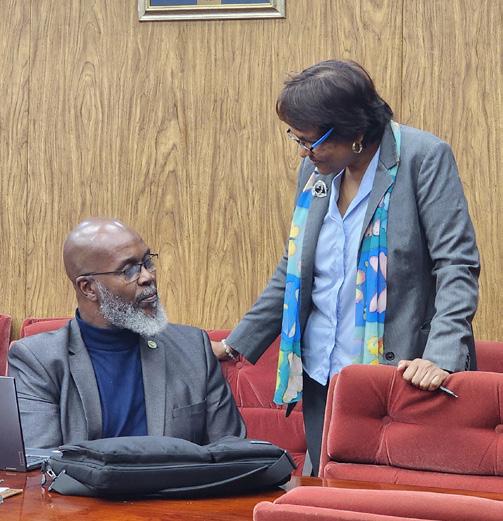
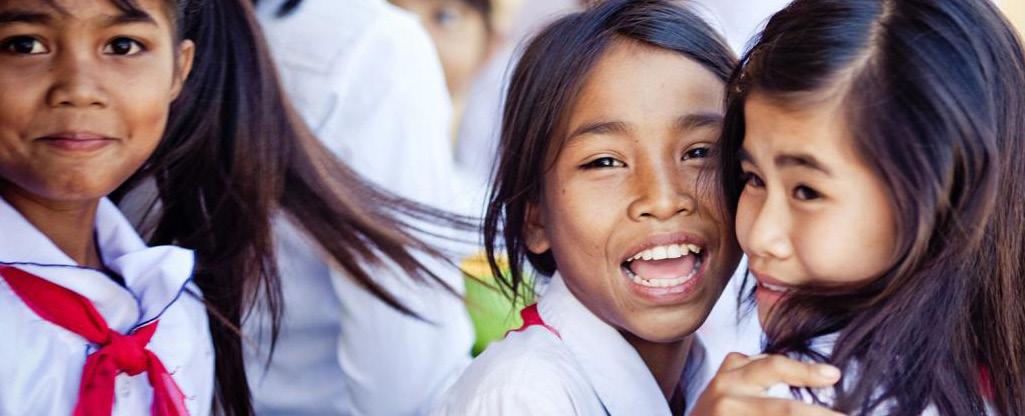


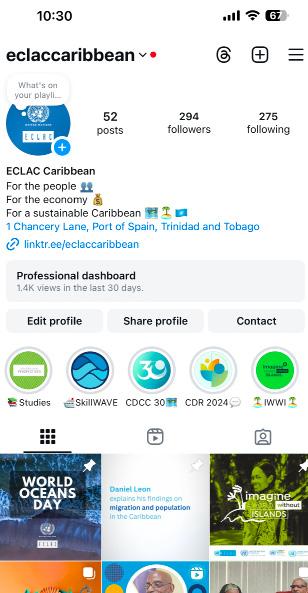
Diabetes presents a significant public health crisis in the Caribbean, with rates 89 per cent higher than the global average. According to the 2023 Health at a Glance: Latin America and the Caribbean report by the Organisation for Economic Cooperation and Development (OECD), diabetes-related adult deaths rose by 10 per cent in Caribbean nations such as the Dominican Republic, Saint Lucia, and Suriname between 2010 and 2019. Trinidad and Tobago reported the highest mortality rate, with 100.3 deaths per 100,000 population, followed by Guyana at 96.9 and Saint Vincent and the Grenadines at 83.6. These statistics highlight the urgency of

addressing diabetes as a critical health issue in the region.
Diabetes is a chronic metabolic disease characterized by elevated blood sugar levels, which, over time, can severely damage the heart, blood vessels, eyes, kidneys, and nerves. Type 2 diabetes, the most common form, typically occurs in adults when the body either resists insulin or fails to produce enough of it. Early symptoms include persistent thirst, frequent urination, blurred vision, fatigue, and unintended weight loss. Early recognition of these symptoms is vital for effective management and treatment.
If left unchecked, diabetes can
lead to serious complications such as blindness, kidney failure, heart attacks, strokes, and lower limb amputations. However, these outcomes are preventable. A healthy lifestyle—featuring a balanced diet, regular physical activity, and avoidance of tobacco use—can significantly reduce the risk of type 2 diabetes. For those already diagnosed, consistent medication, regular screenings, and timely treatment of complications can delay or prevent the most severe consequences of the disease.
The economic and social burden of diabetes in the Caribbean is staggering. Noncommunicable diseases (NCDs),
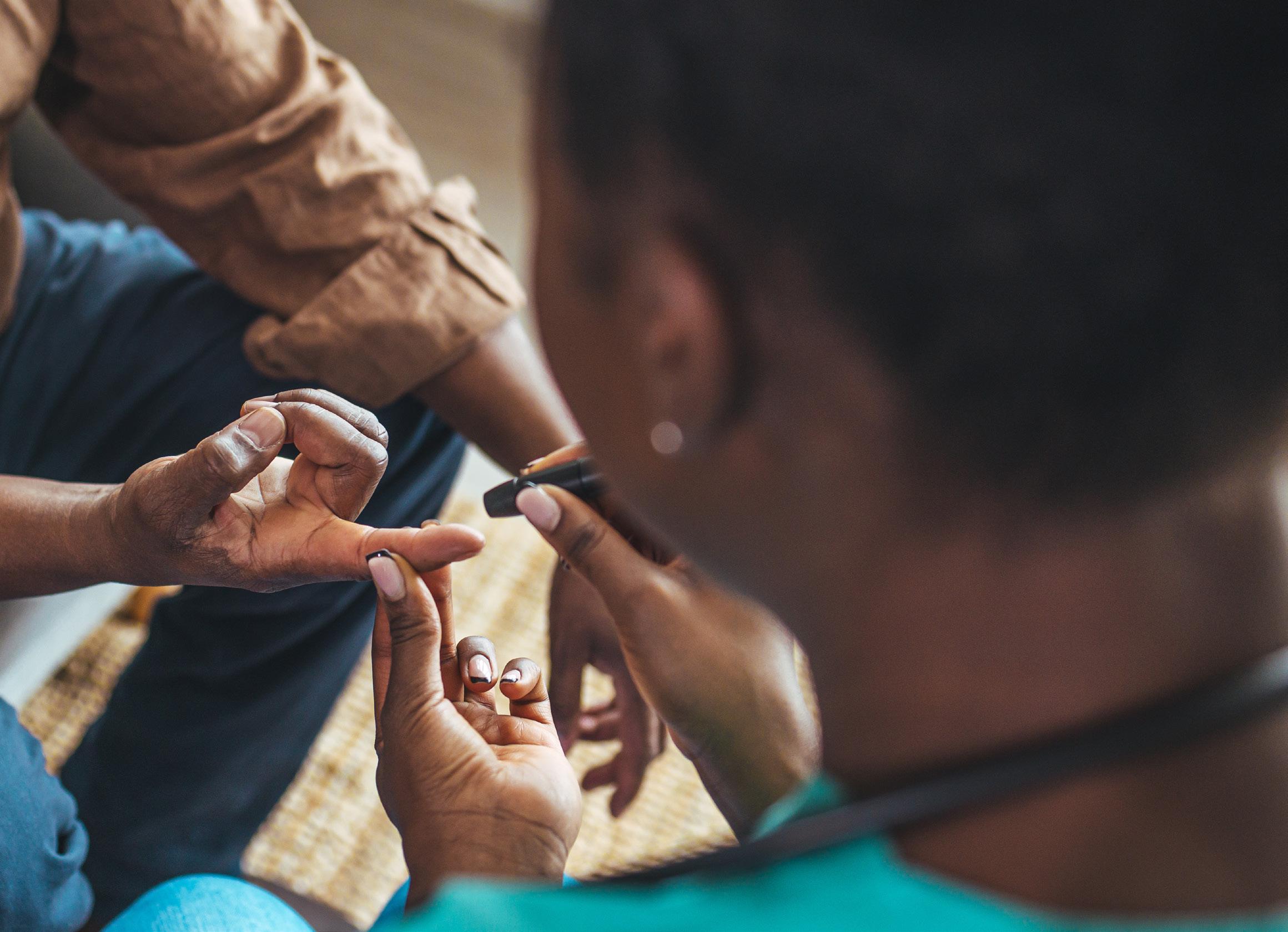
including diabetes, strain healthcare systems and impede sustainable development. In a 2021 Focus Magazine called, Non-communicable diseases and their impact on sustainable development, Diane Quarless, Director of the Economic Commission for Latin America and the Caribbean (ECLAC) noted the significant economic burden from NCDs.
Using data from 2009, she said the economic cost of diabetes and hypertension was: “Estimated to be the equivalent of 1.35 per cent of the Gross Domestic Product (GDP) of the Bahamas; 5.34 per cent of the GDP of Barbados; 5.87 per cent of the GDP of Jamaica;
and 8 per cent of the GDP of Trinidad and Tobago in 2001.”
That Focus Magazine noted Disability Adjusted Life Years (DALYs)—a measure of the years lost due to ill health—associated with diabetes and kidney diseases are significantly higher in the Caribbean than the global average. Caribbean rates are approximately 2,560 DALYs per 100,000 population compared to the global average of 1,460.
The World Diabetes Day theme for 2024-26, Diabetes and Well-Being, emphasizes the importance of holistic care. Diabetes management often focuses narrowly on blood sugar
levels, leaving individuals feeling overwhelmed. By prioritizing mental and physical well-being, access to equitable care, and support systems, the Caribbean can empower individuals with diabetes to lead healthier lives.
This year’s sub-theme, Breaking Barriers, Bridging Gaps, calls for addressing inequities in diabetes care and reducing risks through public awareness and education. World Diabetes Day, observed on 14 November, is a reminder of the need for multilateral efforts to improve health outcomes.


ECLAC facilitated a meeting of Trinidad and Tobago parliamentarians which explored how the Escazú Agreement might advance climate effective climate governance. The dynamic exchange brought greater awareness among the lawmakers on the potential of this agreement to empower local communities and enhance the engagement of representative politics in green initiatives.
The Escazú Agreement is an international agreement that stipulates government responsibility in ensuring access to information on environmental issues, emphasizing the importance of public participation in decisions related to the environment, and promoting the rights of that citizens to access recourse and remedy whenever their environmental rights are violated.

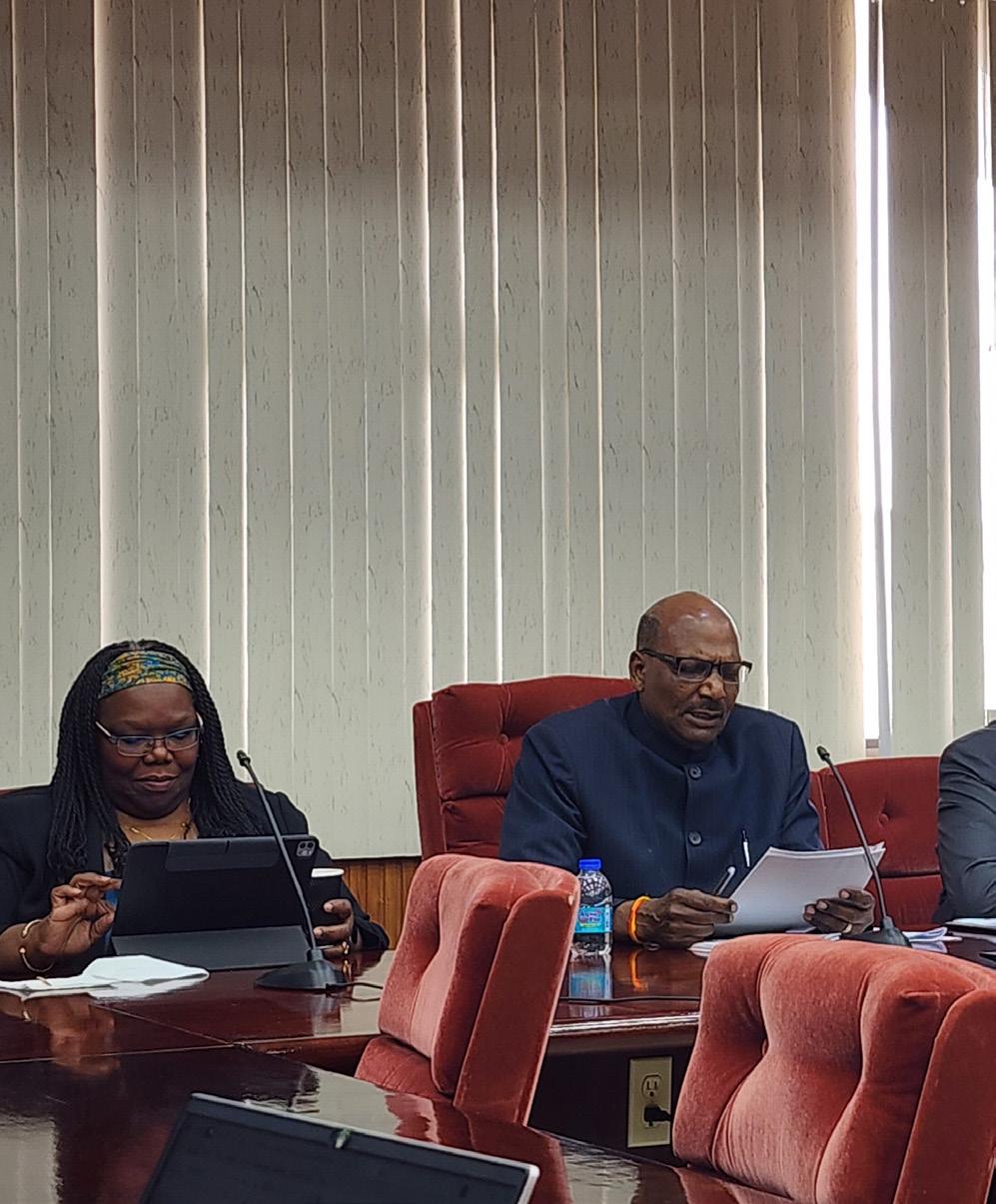
continued from page 7
The non-partisan parliamentary caucus brought together both elected and nominated legislators to discuss how they can strengthen access rights and protection of environmental human rights defenders. In their deliberations, they also explored strategies to protect environmental human rights defenders and how they can leverage the Escazú Agreement as a tool for climate governance and environmental democracy in Trinidad and Tobago.
Addressing parliamentarians including opposition senator Wade Mark and independent senator Anthony Vieira on the importance
of Trinidad and Tobago joining the agreement, ECLAC Caribbean Director Diane Quarless said the Escazú Agreement provides opportunities for the region to improve its relationship with nature.
“Having played a leading role in the negotiation of this instrument, and considering your country’s status as one of the main points of reference in the environmental domain, Trinidad and Tobago joining this treaty should be seen as a natural progression. Certainly we at ECLAC look forward to your taking this important step forward, not just for your own benefit, but for
that of the Caribbean as a whole. For we are stronger together. Let us also take pride in the fact that the Caribbean is in the vanguard of the Escazu Agreement, playing an active, lead role in operationalizing this first environmental treaty of the Latin American and Caribbean region”.
The significance of the Escazú Agreement for the Caribbean region has been recognized by the tremendous buy-in from countries themselves. Eight CARICOM countries are currently Parties, and two have signed the Agreement. This means that we are only four countries short of complete
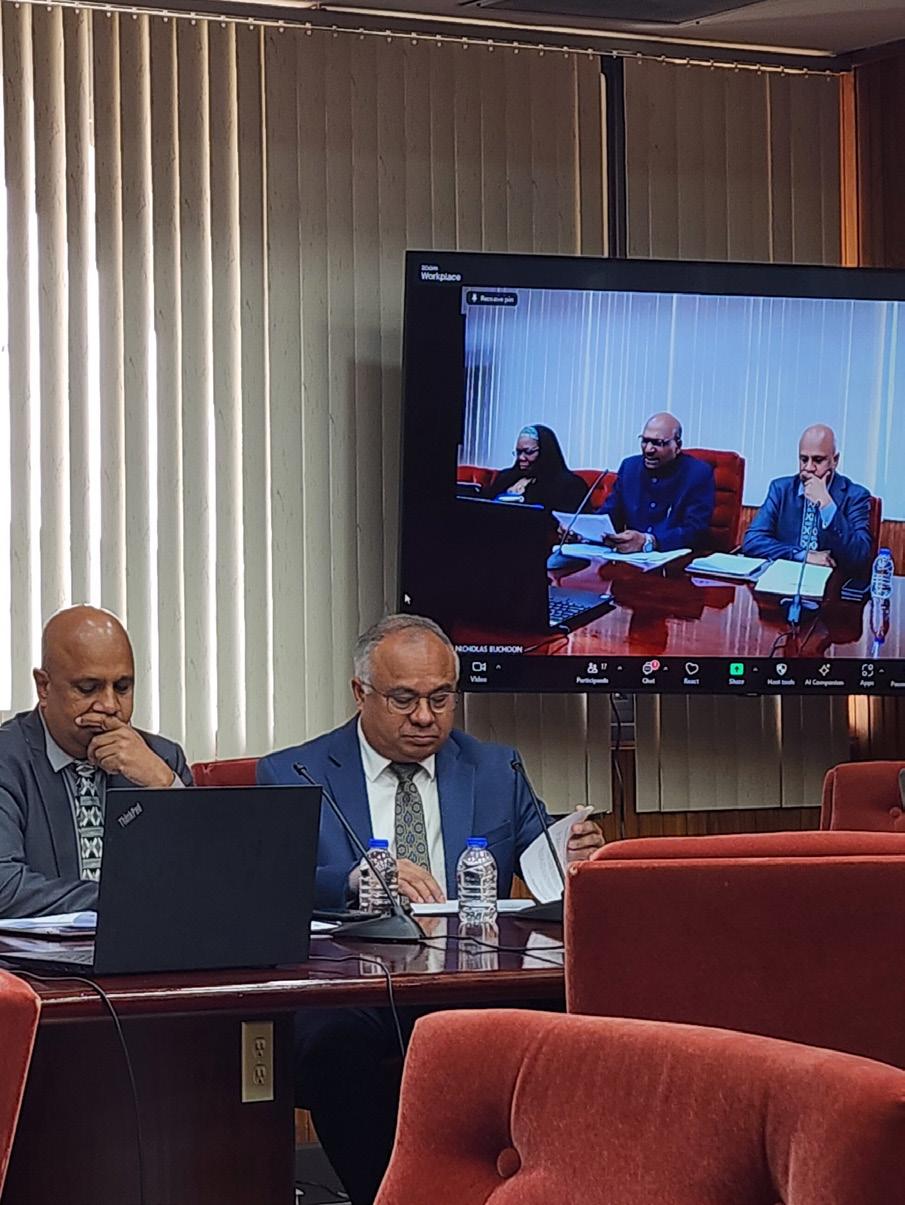

Caribbean representation in the Agreement.
Dean of the Engineering Faculty at the University of the West Indies, St. Augustine Dr. Bheshem Ramlal noted the significance of engaging T&T parliamentarians on the relevance of the Escazú Agreement. He stressed the role it could play in furthering environmental governance. A professor of geospatial information engineering, Dr. Ramlal highlighted the place of geospatial information in the Escazú Agreement. He said its powerful mapping capabilities can assist in the management of transboundary environmental resources and threats.
“Geoinformatics is a powerful and necessary tool for priority areas such as environmental monitoring, early warning systems, disaster management, combating illegal environmental activities. It also offers the potential of providing online data platforms that can be utilized by the public to raise their awareness on environmental
matters, facilitate transparency and an opportunity for their participation in the environmental decision-making in their country.”
Director Quarless underscored that the Agreement could help the region deliver better and faster results when it comes to the environment. She told the parliamentarians that it offers Caribbean citizens the opportunity to transform and strengthen their relationships with nature.
“I encourage you to take it to its full potential. The leadership of the Caribbean; your leadership, is more necessary than ever. As we join forces in these troubled times, allow me to express again ECLAC’s unequivocal support of your efforts to achieve sustainable development.
UN Secretary-General Guterres recently stated, now is the “moment of truth” for climate action and for sustainability. We need to act decisively now. And to do so effectively, we will need to give life and weight to the Escazú
Agreement. Let us together make its tenets compelling and meaningful for all.”
The other collaborators on the parliamentary meeting were the Caribbean Natural Resources Institute (CANARI), University of the West Indies, and Parliamentarians for Global Action.
This landmark treaty aims to guarantee the full and effective implementation in Latin America and the Caribbean of the rights of access to environmental information, public participation in the environmental decision-making and access to justice in environmental matters.
The Escazú Agreement was adopted on March 4, 2018 in Escazú, Costa Rica. This treaty strengthens the link between human rights and environmental defense by posing obligations on the States parties, regarding the protection of environmental human rights defenders. Thus, the Escazú Agreement promotes a four-pillar model of environmental democracy.
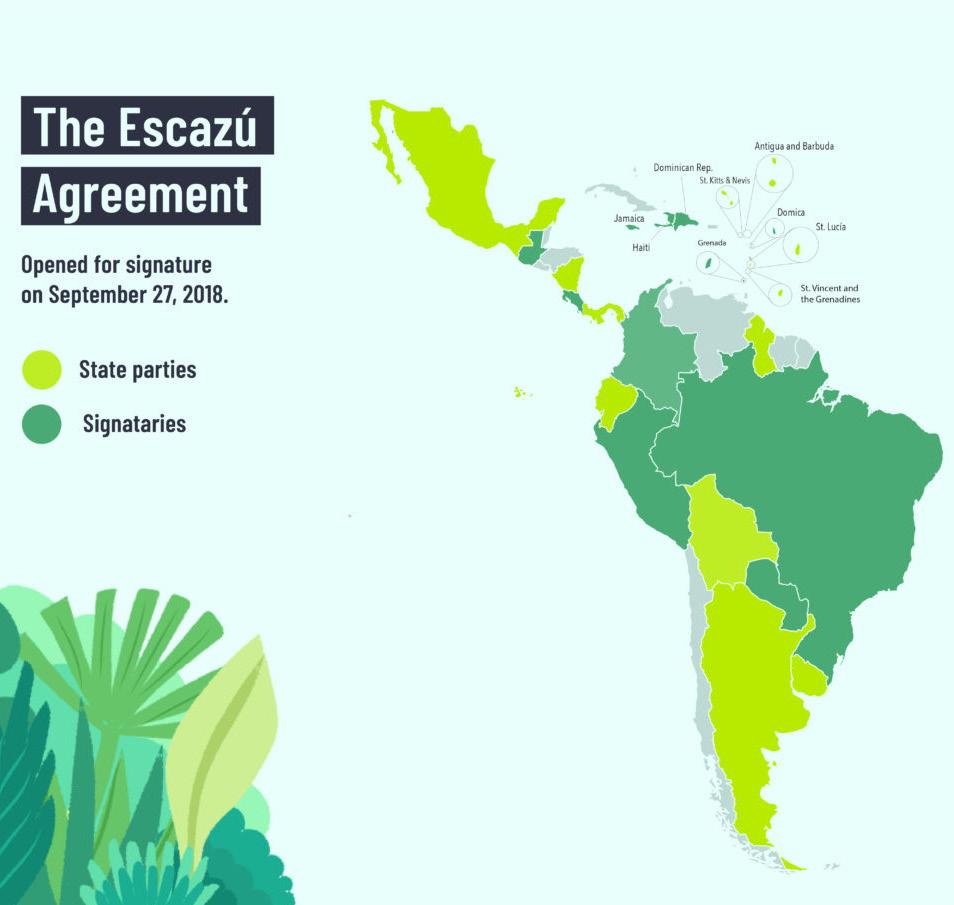

It had the significant participation of the public and the support of the ECLAC, as technical secretariat.
It is the only treaty that has emerged from Rio + 20 and the first on environmental issues in Latin America and the Caribbean.


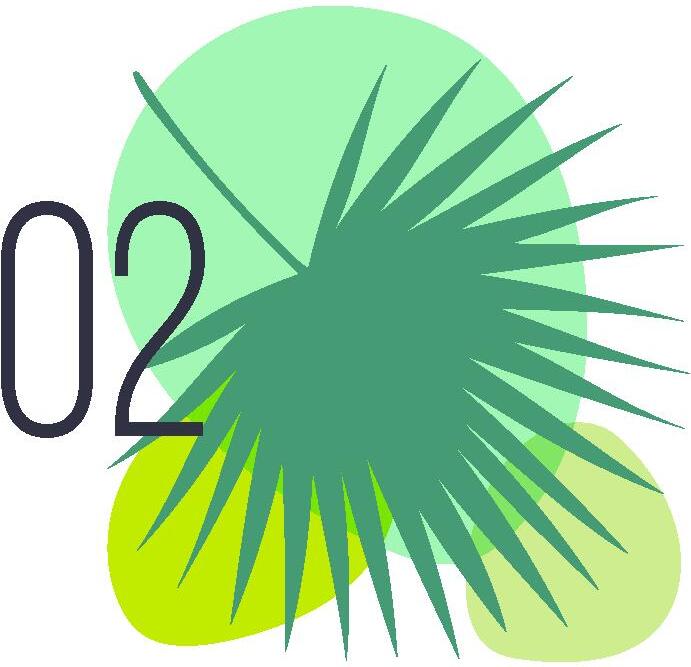
The treaty recognises right to a healthy environment for present and future generations.
It is the only binding international instrument with specific provisions for the promotion and protection of human rights in environmental matters.


This year’s International Children’s Day theme, “Listen to the Future,” highlights an urgent call for adults to take children’s views seriously, especially on issues directly affecting their lives, health, and well-being. As the world’s future inheritors, children deserve to be active participants in shaping their environment and their experiences.
A 2021 Frontiers in sociology article by Adele Jones called “Child Sexual Abuse as Lifespan Trauma Within the Context of Intimate Partner Violence: Experiences of Caribbean Women” stated that, “The sexual abuse of children (CSA) is high in the Caribbean; in a survey of 15,695 students aged 10–18 years from nine countries, 47.6% of girls and 31.9% of boys reported having been subjected to sexual abuse.”
Jones said Caribbean children are more likely to be initiated into sexual activity earlier than anywhere else in the world, except for countries that practice child marriage.
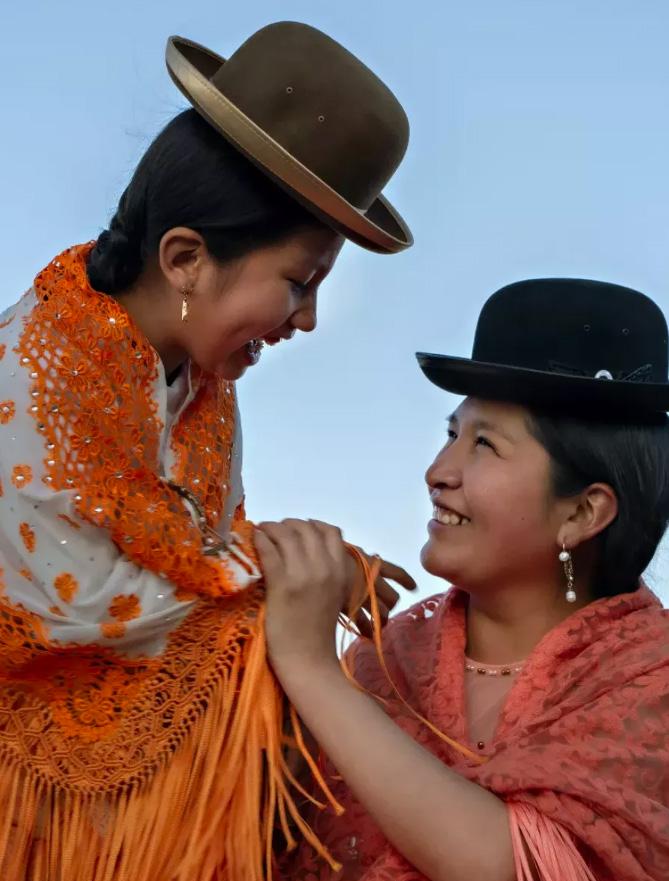

Quoting UNICEF statistics, Jones said, “Approximately 15 per cent of children aged 11–12 years, and 35 per cent of young people 14–15 years old reported having had sexual experience.”
She said, early sexual activity is “highly correlated with sexual abuse and coercion, both as a causal link and also in increasing vulnerability to further victimisation.”
Her article indicated that half the boys and a quarter of the girls who were sexually active first had intercourse when they were ten or younger. Almost two-thirds of girls who had intercourse before the age of 13, were often forced or coerced to do so. Forced sexual initiation and early childhood abuse are not uncommon in the Caribbean.
Listening to children about their bodily autonomy is critical to protecting them from trauma. Children must feel empowered to voice concerns about unsafe situations, and adults must listen and respond to safeguard them. Articles 12 and 13 of the United Nations Convention on the Rights of the Child emphasize children’s right to freely express their views and opinions on issues affecting them. These rights form the foundation of a child-centred approach to creating safer, more equitable communities. Listening to children extends beyond safety. Their perspectives are essential in addressing broader
challenges, including climate change, education, and health care. Children are often excluded from these conversations despite being disproportionately affected by their outcomes. Including their voices ensures more inclusive policies and solutions.
Protecting children is not just about intervention but prevention. By truly listening to children, adults can understand their needs, address vulnerabilities, and create a foundation for a safer, more equitable future.
To improve data collection in the Turks and Caicos Islands, ECLAC Caribbean trained staff and department heads from various Government offices in gender statistics. ECLAC Caribbean facilitated four half-day webinars on September 17-18 and in-person training sessions on November 1314. Staff from the Department of Gender Affairs, the Department of Statistics, and other ministries were taught to collect, analyze, utilize and disseminate sex-disaggregated data.
To advance social justice, and eliminate prejudice and discrimination, the Department of Gender Affairs of Turks and Caicos Islands has the task of promoting equity and advancement opportunities for women, men and children through the formulation and implementation of evidencebased policies and programmes. The gender affairs mandate works with other government ministries
to enact these policies. As such, the department relies on data, especially sex-disaggregated data, to inform its policy recommendations.
Sex disaggregated data collection is essential for accurate policy planning as men and women have different experiences, needs and ways of living. ECLAC’s 2024 document, “Guidelines for mainstreaming the gender perspective in statistical production” states, “In order to generate data that accurately capture the persistence and magnitude of societal inequalities, the gender and intersectional perspectives must be mainstreamed into statistical production.”
It says understanding the distinction between sex and gender is essential for accurately defining variables and processes in statistical work, and for correctly analyzing the resulting data.
The World Health Organization definition of sex is the biological characteristics that define humans as female or male. These sets of biological characteristics are not mutually exclusive, and there are people who have both sex traits.
Gender is the socially constructed differences in attributes and opportunities associated with being female or male. Gender determines what norms are expected, allowed and valued in a woman or a man. In most societies the roles, responsibilities, activities, access to resources, and decisionmaking opportunities differ, and are distributed inequitably between women and men. These differences are influenced by the history of social relations and change over time and across cultures.
A study by the Head of the Statistics and Social Development Unit of ECLAC Caribbean, Abdullahi Abdulkadri, titled “The importance

of time-use surveys in guiding social policies: the gendered impact of COVID-19 on paid and unpaid work in the Caribbean”, discusses how Sustainable Development Goal 5 (SDG5), gender equality, requires monitoring and data on gender statistics. Target 5.4 is to “Recognize and value unpaid care and domestic work through the provision of public services, infrastructure and social protection policies and the promotion of shared responsibility within the household and the family as nationally appropriate.”
Abdulkadri et. Al. state as the Caribbean struggles with collecting quality statistics, most countries cannot properly achieve SDG target 5.4.
The Caribbean labour markets are gendered due to socially constructed norms that assign different labour roles to men and women. Socially, women are expected to be caregivers and
assume household duties while men are expected to be breadwinners. As women are entering the labour market at larger numbers than before, it is essential to measure and recognize their labour by acknowledging that unpaid household work and caregiving is labour.
Abdulkadri et al stated as women and girls are socially expected to undertake the brunt of unpaid domestic labour, policies should be enacted to mitigate the extent of the unpaid work to prevent them being overburdened. Quantifying this labour can only be done through adequate statistical record keeping.
However, Abdulkadri et al state, “Gender statistics are not sufficiently produced in the Caribbean to inform such policies.”
The Turks and Caicos Islands’s Department of Gender Affairs requested technical assistance
from ECLAC Caribbean to help strengthen its data collection strategies. In January, ECLAC Caribbean held a virtual consultation with 40 government officials including executive management and technical officers to assess the statistical capability within the public sector to inform the regional commission on what capacity building training would help strengthen the country’s gender statistics capability.
The virtual and face-to-face sessions covered introduction to basic statistics, introduction to gender statistics, gender data collection and analysis, data dissemination and visualization, use of data in gender-responsive policy formulation, international standards and best practices in gender statistics, and capacity building in gender data collection.

Femicide is the most extreme acts of violence against women. In the Caribbean, across five nations, on average 46 per cent of women have experienced at least one form of violence in their lifetime. More than 29 per cent of women in five Caricom countries (Grenada, Guyana, Jamaica, Suriname and Trinidad & Tobago) have faced intimate partner violence.
An ECLAC release commemorating International Day for the Elimination of Violence Against Women, celebrated annually on November 25, noted that at least 11 women are victims of femicide every day in Latin America and the Caribbean. In 2023, Jamaica recorded 13 femicides; Suriname four; Saint Vincent and the Grenadines two and Belize one. The overall situation in the Caribbean is likely more grievous, as these four countries were the only ones with data reporting on such cases across the Caribbean in the past year.
The United Nations Children’s Fund, Evidence Brief on Working at the Intersections between Violence Against Women and Children in the Caribbean: Taking Stock
of Challenges, Opportunities and Promising Practices, published in December 2023 states, “In the Caribbean, a legacy of colonialism and structural inequalities has fostered a deeply-ingrained culture of GBV (gender based violence). This culture often normalizes violence, depicting it as a disciplinary tool and an expression of masculinity, while positioning women and girls as subordinate to men.”
Some 46 per cent of Caribbean women experience intimate partner violence (IPV) in their lifetimes. Rates of sexual violence surpass global averages. However, comprehensive and accurate data is limited, particularly for adolescent girls, due to underreporting driven by fear of retaliation, stigma, and normalized abuse. This lack of data hampers efforts to address the issue effectively.
The evidence brief noted that most Caribbean countries emphasized action in response to violence rather than efforts to prevent it. Existing services for violence against women and violence against children rarely address underlying factors such as entrenched gender norms or structural barriers. Limited resources and technical constraints exacerbate this challenge. Legal definitions and protections also vary across the region. For example, Trinidad and Tobago and
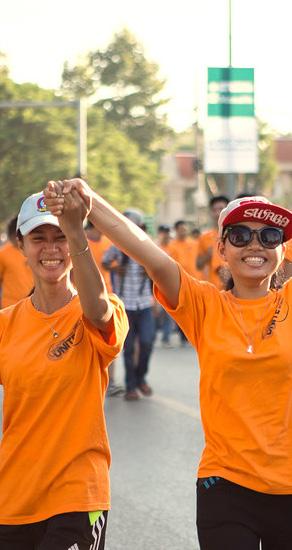

Suriname have comprehensive definitions of domestic violence, while countries like Jamaica and Barbados lack clear frameworks, excluding vulnerable groups such as LGBTIQ+ individuals, older women, and refugees.
Forms of violence against women include physical, sexual, and psychological abuse. These include intimate partner violence, sexual harassment, human trafficking and child marriage.
The 1993 UN Declaration on the Elimination of Violence Against Women defines such violence as “any act of gender-based violence that results in, or is likely to result in, physical, sexual or psychological harm or suffering to women, including threats of such acts, coercion or arbitrary deprivation of liberty, whether occurring in public or in private life.”
Education systems in the Caribbean, the evidence brief stated, often fail to address harmful gender stereotypes or create violence-free environments. Corporal punishment remains prevalent in schools. However, programmes aimed at involving men and boys as agents of change have shown promise.
“Men play essential roles as agents of change in combating GBV by promoting more equitable gender relationships and challenging harmful gender norms. Engaging men and boys in violence prevention efforts at various levels is crucial to address the underlying causes of GBV, with influential figures serving as champions for progressive understandings of masculinity,” the brief said.
Initiatives like positive parenting and civic education focus on promoting equitable gender roles, nonviolent communication, and alternatives to corporal punishment.
Violence against women is a barrier to achieving gender equality, development and peace. Certain populations, including migrants, LGBTIQ+ individuals, indigenous women, and women with disabilities, face increased risks. Addressing these issues is essential to meet the Sustainable Development Goals, which pledge to leave no one behind.
This day underscores the need for stronger legal frameworks, comprehensive data collection, education reforms, and preventative measures to address the root causes of violence.
A listing of a few events offering a mix of history, art, food, and music, providing visitors with a rich cultural experience across the Caribbean.
November 7–11, 2024
Grand Cayman, Cayman Brac, and Little Cayman
A unique blend of history and fun, this event features pirate-themed reenactments, parades, fireworks, music, and traditional Cayman cuisine. The highlight is the "pirate invasion" where actors arrive by ship, bringing history to life in a family-friendly way.
November 7–10, 2024
A culinary celebration showcasing Jamaica’s diverse food and drink culture, featuring events like wine tastings, street food fairs, and live music. It is an ideal spot for food lovers to enjoy authentic Jamaican flavours and entertainment.

November 23, 2024
While not purely cultural, this annual triathlon on the island combines athleticism with a celebration of Saint Lucia’s natural beauty. The event draws international participants and is complemented by music, food, and local entertainment.


November
This festival celebrates the Afro-Caribbean heritage of these islands through music, dance, and cultural showcases. Expect performances of reggae, calypso, and soca along with local gastronomy and art displays.

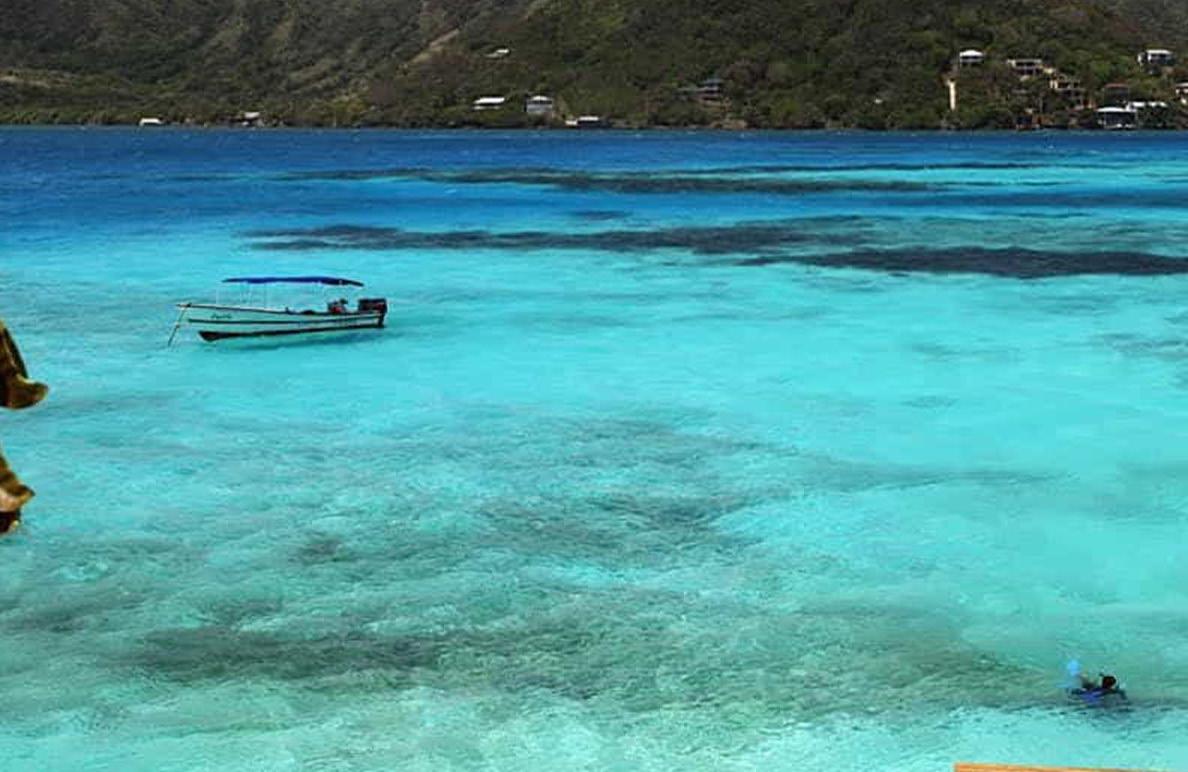
November 30, 2024
Marking Barbados’ independence, this event features parades, cultural exhibitions, and performances that showcase the nation’s history, art, and pride. The festivities often last throughout the month, culminating in Independence Day celebrations.
For the Sorrel Concentrate:
• 1 cup dried sorrel (hibiscus flowers)
• 4 cups water
• 2–3 slices fresh ginger
• 2–3 cloves
• 1 cinnamon stick
• 1–2 allspice berries (optional)
• 1/4 cup sugar (adjust to taste)
• 1 tsp vanilla extract (optional)

For the Latte:
• 1/2 cup sorrel concentrate (cooled or warm)
• 1 cup milk (dairy or plant-based, e.g., almond, oat, or coconut)
• 1–2 tsp honey or sweetener of choice (optional)
• Pinch of ground cinnamon (for garnish)
Make the Sorrel Concentrate:
1.Boil the Ingredients:
In a medium pot, bring water, sorrel, ginger, cloves, cinnamon stick, and allspice (if using) to a boil.
2.Simmer:
Reduce the heat and let it simmer for about 10–15 minutes, until the flavours are infused.
3.Sweeten and Strain:
Add sugar and stir until dissolved. Strain the liquid through a fine mesh strainer and discard the solids. Stir in vanilla extract, if desired. Let cool or use warm.
Prepare the Latte:
1.Heat the Milk:
In a small saucepan, heat the milk until warm but not boiling. Froth it using a whisk, frother, or blender for a creamy texture.
2.Assemble the Latte: In a mug, combine the sorrel concentrate and frothed milk. Stir gently to blend. Adjust sweetness to taste with honey or your preferred sweetener.
3.Garnish and Serve:
Sprinkle a pinch of ground cinnamon on top and serve warm.
Tips:
• For a cold version, pour over ice and skip heating the milk.
• Sorrel concentrate can be made ahead and stored in the fridge for up to a week.
Enjoy this festive twist on a classic latte!





